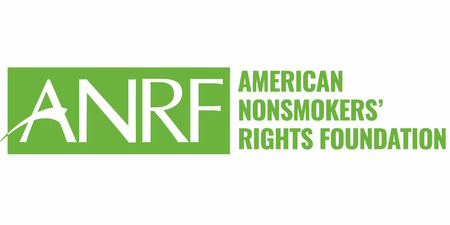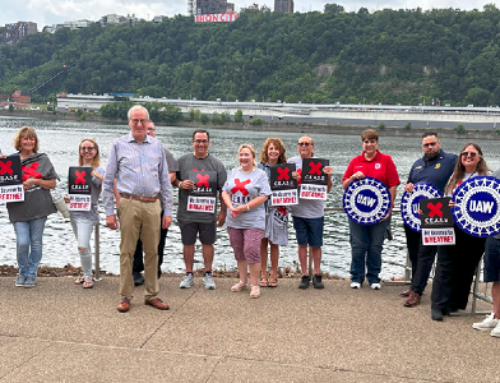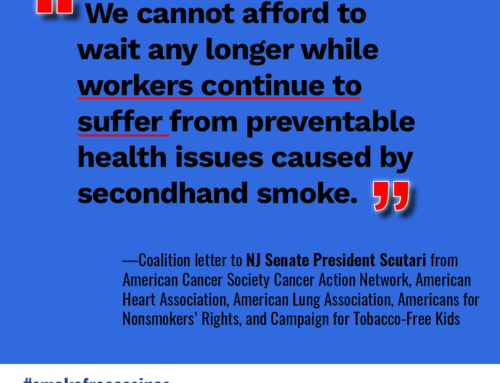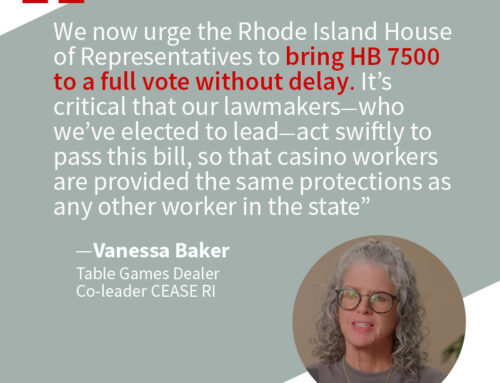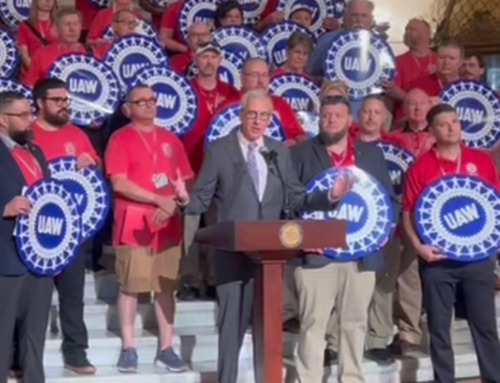August 26, 2019 – Today, the American Nonsmokers’ Rights Foundation released a new report, Bridging the Gap: Status of Smokefree Air in the United States, that provides a national overview on the progress and ongoing disparities in exposure to secondhand smoke. In particular, the report highlights places that lack laws that ensure smokefree air, a vital condition for health, and illustrates which communities, racial/ethnic groups, and types of workers are least likely to be protected.
This report aims to:
- Increase awareness of the ongoing problem of secondhand smoke exposure.
- Highlight the drastic gaps in smokefree protections and the physical and fiscal health consequences that follow.
- Encourage public health and social justice advocates and professionals to prioritize smokefree policy development to protect and improve the health and safety of all workers and patrons.
- Offer strategic advice to increase civic engagement as well as build public support to close smokefree gaps and improve community health.
As of 2019, more than 1,500 localities, 27 states, and two US territories have passed strong smokefree laws that cover enclosed public places and workplaces, including restaurants and bars. Additionally, 20 states have laws for smokefree air in all non-tribal casinos and other gambling venues. Over 60% of the U.S. population is protected, but smokefree protections vary significantly from one place to another. Twelve states are featured in this report: Arkansas, Georgia, Indiana, Louisiana, Mississippi, Missouri, Nevada, Oklahoma, Pennsylvania, Tennessee, Texas, and West Virginia. Nine of the states have local authority to adopt smokefree laws, and three (Oklahoma, Pennsylvania, and Tennessee) preempt local lawmaking regarding smokefree air.
While the nonsmokers’ rights movement has accomplished a great deal, this report is a wake-up call for those who thought the job was done. The American Nonsmokers’ Rights Foundation is committed to closing gaps in smokefree protections, applying a health equity lens to the disparities in exposure, and to ensuring that affected groups are engaged in the policy making process. It’s time to acknowledge that many vulnerable populations and certain categories of employees are left behind in smoke-filled environments.
For more information about the report or going smokefree, please contact us or call 510-841-3032.
Report URL: https://smokefreegaps.org/
